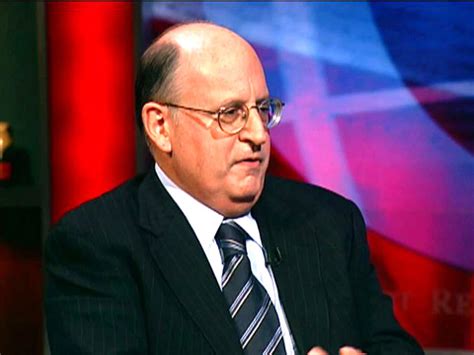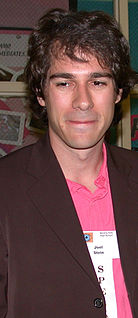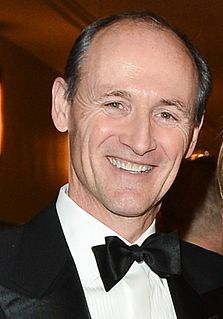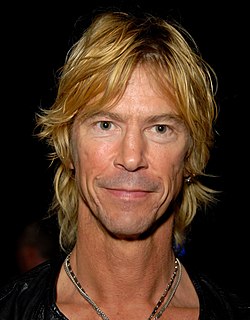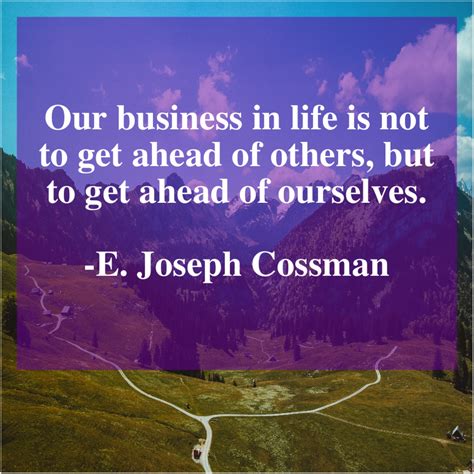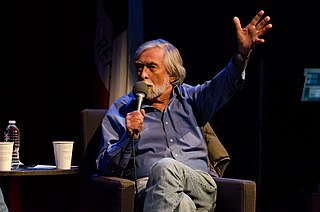A Quote by Allan Sloan
I wanted to be a columnist so badly that I took a huge pay cut to leave Forbes, which wouldn't give me a column, and join Newsday, which wanted my column for its Sunday business section.
Related Quotes
Greek architecture taught me that the column is where the light is not, and the space between is where the light is. It is a matter of no-light, light, no-light, light. A column and a column brings light between them. To make a column which grows out of the wall and which makes its own rhythm of no-light, light, no-light, light: that is the marvel of the artist.
I had written a lot about my dog dying before. I wrote a newspaper column about it and it turned out to be the most popular column I'd ever written. That and the lame Joni Mitchell column I did. But the dog column, my god! People love dogs. Anybody who writes regularly should know, when in doubt: dogs! If you're a columnist, when in doubt, write a column about the culture of narcissism - like a scolding column about the culture of narcissism - or write something about dogs. That's the homerun in my take.
When I did get married, and specifically after I got married and the New York Times style section featured my wedding in the vows column, which is really traditionally kind of seen as an elitist column, and it is, but I was happy to be in it. I thought it was good that they were covering a feminist wedding.
I was very pleased to get a Supreme Court justice suggesting a column, so I went and did a column about Beano. I went with my wife and another guy to a Mexican restaurant, which we thought would be the ultimate test for an antiflatulance product. There's a reason most of Mexico is located out of doors. And it worked. Several newspapers refused to run that column. But they did run advertisements for Beano.
I started doing drag in Seattle because I started doing my column before I moved here, and then moved here and wanted to be able to go out and do things as Dan Savage without being recognized the next day, because the column was just in Seattle and it was kind of a sensation and I was beating people up. I was really worried and I didn't want to beat somebody up in a column and have that person know what I look like when I didn't know what they looked like.
One of the things that got me on this topic for this book was that when I was researching the column I wrote in 2009 saying that I was stepping down from my column at "Newsweek" because I wanted to make room for newer, fresh voices out there, I discovered that in the year I was born, 1952, the average life expectancy of an American was 68. I was shocked by that figure and every time I mention it I hear a gasp from somebody in the crowd. Now, of course, we're more or less at 80, so that means that we've gotten 12 additional years.
